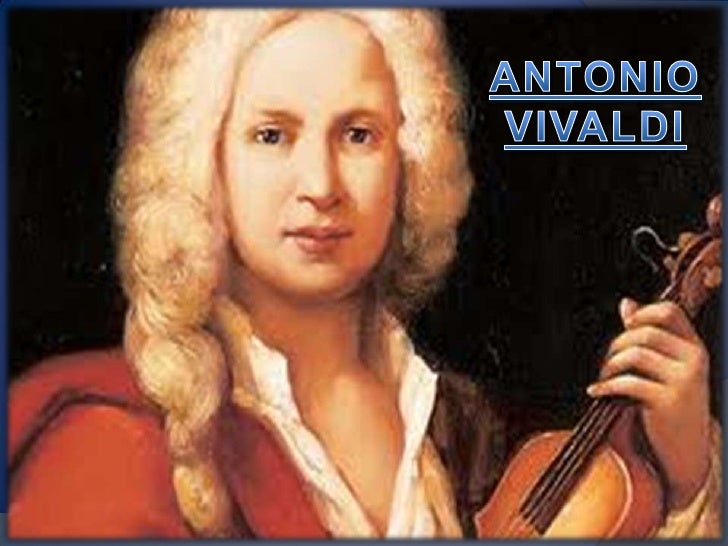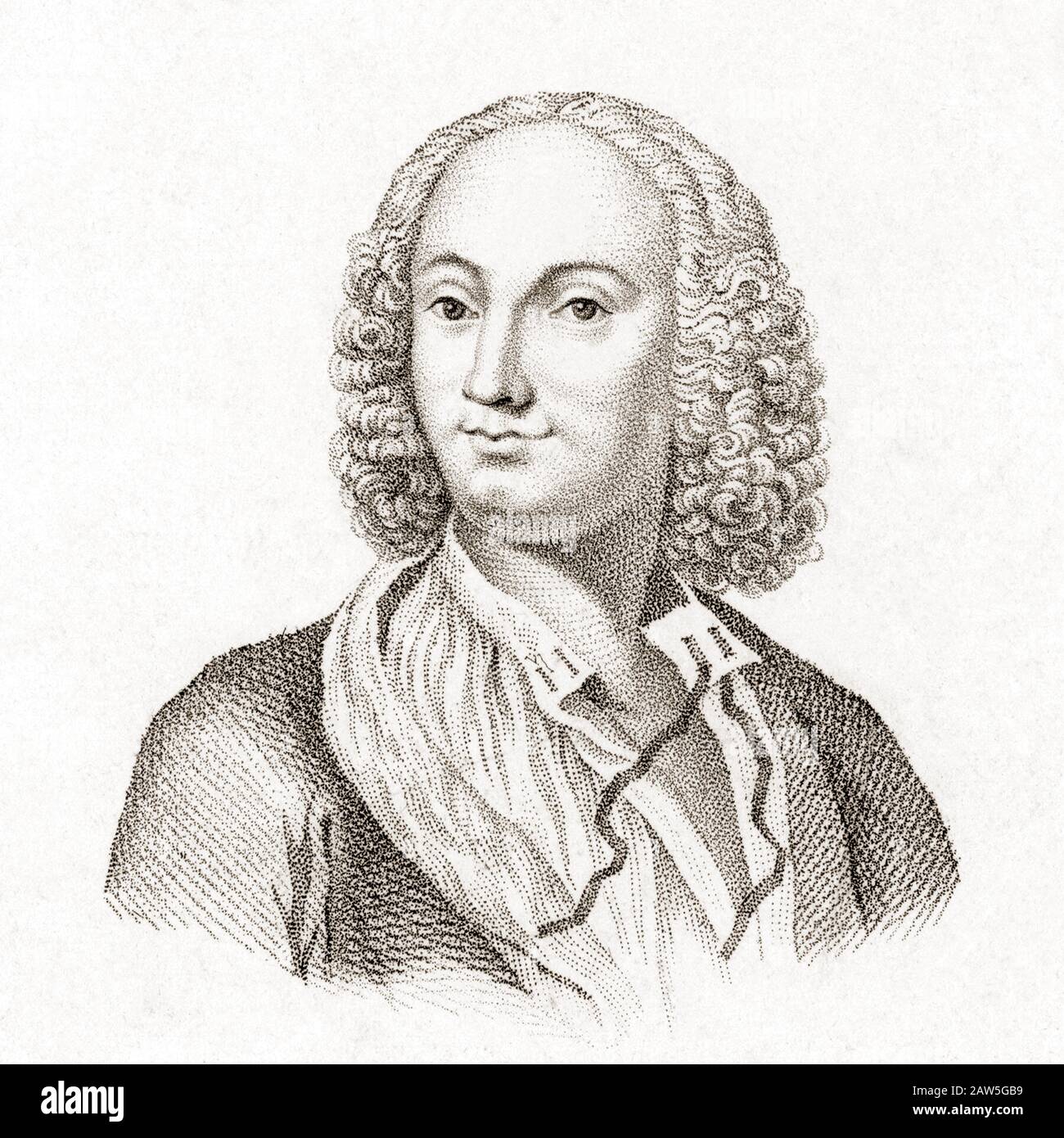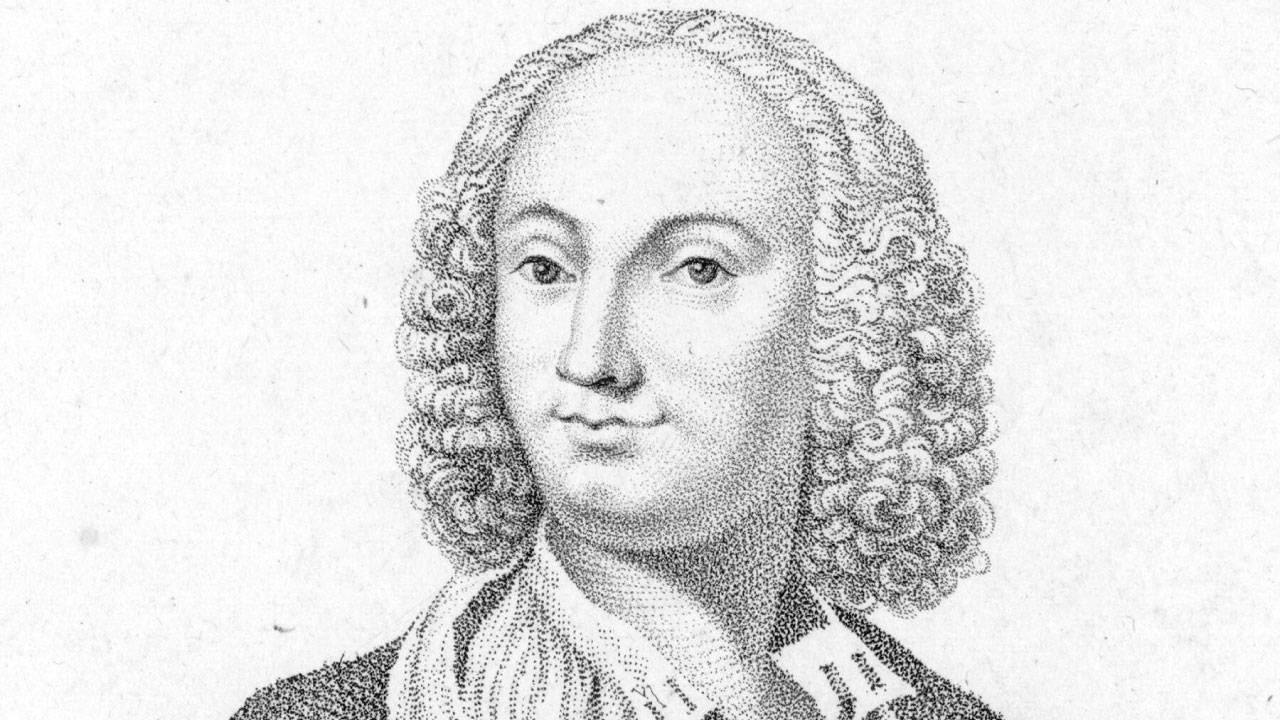Antonio Vivaldi Vivaldi
Share it software for mac. Antonio Vivaldi - Cztery Pory Roku - Wiosna cz. Directed by Boris Damast. Screen zoom for mac. A biography of Antonio Vivaldi's early life, when the young priest became the music teacher at a school for the illegitimate daughters of Venice's courtesans.


Antonio Vivaldi Biography
Details regarding Vivaldi's early life are few. His father was a violinist in the Cathedral of Venice's orchestra and probably Antonio's first teacher. There is much speculation about other teachers, such as Corelli, but no evidence to support this. Vivaldi studied for the priesthood as a young man and was ordained in 1703. He was known for much of his career as 'il prete rosso' (the red-haired priest), but soon after his ordination he declined to take on his ecclesiastical duties. Later in life he cited ill health as the reason, but other motivations have been proposed; perhaps Vivaldi simply wanted to explore new opportunities as a composer. It didn't take him long. Landing a job as a violin teacher at a girls' orphanage in Venice (where he would work in one capacity or another during several stretches of his life), he published a set of trio sonatas and another of violin sonatas. Word of his abilities spread throughout Europe, and in 1711 an Amsterdam publisher released a set of Vivaldi's concertos for one or more violins with orchestra under the title L'estro armonico (Harmonic Inspiration). These were best-sellers (it was this group of concertos that spurred Bach's transcriptions), and Vivaldi followed them up with several more equally successful concerto sets. Perhaps the most prolific of all the great European composers, he once boasted that he could compose a concerto faster than a copyist could ready the individual parts for the players in the orchestra. He began to compose operas, worked from 1718 to 1720 in the court of the German principality of Hessen-Darmstadt, and traveled in Austria and perhaps Bohemia. Throughout his career, he had his choice of commissions from nobility and the highest members of society, the ability to use the best performers, and enough business savvy to try to control the publication of his works, although due to his popularity, many were published without his consent. Later in life Vivaldi was plagued by rumors of a sexual liaison with one of his vocal students, and he was censured by ecclesiastical authorities. His Italian career on the rocks, he headed for Vienna. He died there and was buried as a pauper in 1741, although at the height of his career his publications had earned him a comfortable living.

